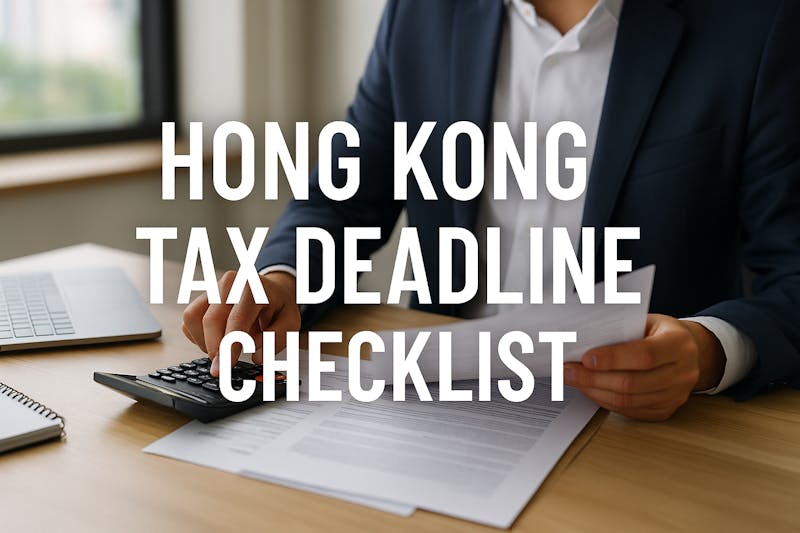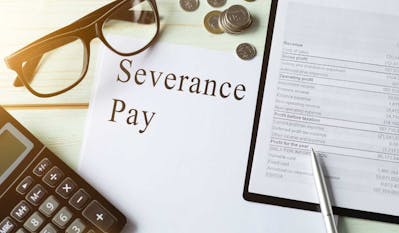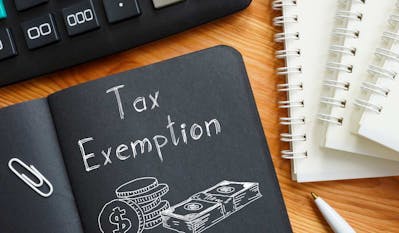Profits tax filing dates in Hong Kong vary depending on your accounting year-end (codes N, D, M). e-Filing may offer short extensions, but deadlines are firm.
Late filing can lead to estimated assessments and penalties under the tax law. Fines can reach up to 300% of the tax owed.
You can file taxes via paper, eTAX, or mixed-mode, depending on your business needs and available documents.
Corporations, partnerships, and non-residents must file the right version of the Profits Tax Return (BIR51, BIR52, BIR54), along with any required supplementary forms or proof for foreign income.
Missing the tax filing deadline is common, but it shouldn’t be ignored. The Inland Revenue Department (IRD) strictly enforces deadlines, and late filers may face escalating penalties.
However, there are ways to fix the situation. You may request an extension or submit an explanation. This guide outlines the key dates, consequences, and steps you can take if you're behind.
Hong Kong Profits Tax Filing Deadlines
In Hong Kong, businesses must follow specific profits tax filing deadlines based on their financial year-end. These deadlines are organized into three accounting date categories—N, D, and M—each with different due dates for standard filing and electronic filing (e-Filing).
Filing Deadlines by Accounting Date Code
| Code | Financial Year-End | Standard Deadline | e-Filing Deadline | Notes |
|---|---|---|---|---|
| N | 1 Apr – 30 Nov | 2 May (following year) | 2 June (following year) | No e-Filing extension beyond 2 June |
| D | 1 Dec – 31 Dec | 15 Aug (following year) | 15 Sept (following year) | — |
| M (Profit Cases) | 1 Jan – 31 Mar | 15 Nov (same year) | 15 Dec (same year) | — |
| M (Loss Cases) | 1 Jan – 31 Mar | 31 Jan (following year) | No further extension | e-Filing not available beyond this date |
Unincorporated Businesses (Sole Proprietors and Partnerships)
For unincorporated businesses such as sole proprietorships and partnerships:
- If your year-end falls between 1 April and 30 November, your filing deadline is 2 May of the following year.
- If your year-end falls between 1 December and 31 March, the filing deadline remains 2 May of the following year.
Missing these deadlines can lead to penalties. Filing on time, or earlier through e-Filing when available, helps businesses stay compliant with the Inland Revenue Department (IRD).
Updates to the 2023–2024 Profits Tax Return Forms
Recent changes to Hong Kong tax forms now include reporting requirements under the Foreign-Sourced Income Exemption (FSIE) regime. If your company earns income from overseas sources (such as interest, dividends, or intellectual property), you’ll need to declare this and submit extra documentation if claiming an exemption.
What to Prepare for Hong Kong Tax Filing
Being prepared makes filing much easier. Here are the key documents and forms to gather:
The type of profits tax form a business needs to file in Hong Kong depends on the nature of the business. Here’s how it works:
| Business Type | Required Form |
|---|---|
| Corporations | BIR51 |
| Partnerships & Sole Proprietors | BIR52 |
| Non-Resident Persons | BIR54 |
Supplementary Forms (S1 to S18, S20)
These cover specific income types such as:
- S1: Manufacturing profits
- S2: Charitable donations
- S3: Interest income
- S16: Intellectual property profits
Taxpayers can download the supplementary forms, complete them digitally, and then print, sign, and submit the signed forms along with their tax return. Check the requirements to make sure all relevant forms are completed.
Additional Forms
- IR1478: For reporting certain profits under a Hong Kong–Mainland China tax agreement
- IR1481: For tax relief claims under a tax agreement
- IR1482: For declaring income exempt under the FSIE regime
Documents for Foreign-Sourced Income
To claim relief or exemption for income earned outside Hong Kong, taxpayers may need:
- Tax residence certificates
- Foreign tax returns
- Audited financial statements
- Proof of foreign tax paid
Tax Changes in Hong Kong
Hong Kong has introduced new tax policies to stay competitive and attract global businesses. Here are two major changes that could impact taxpayers:
Expanded Foreign-Source Income Exemption (FSIE)
As of January 1, 2023, the FSIE regime includes more types of foreign income, such as interest, dividends, and gains from asset sales. Qualified non-residents may now be exempt from paying profits tax on these incomes.
This change is designed to make Hong Kong more appealing to international companies and investors.
Tax Certainty Scheme for Share Disposal Gains
A new tax certainty scheme helps companies understand how gains from selling shares in Hong Kong-based companies will be treated. Businesses can now apply for an official ruling from the IRD to confirm if these gains are tax-free.
This program gives companies more confidence when planning restructuring or new investments in the city.
What Happens If You File Taxes Late in Hong Kong?
If a business or individual can’t meet the due date, the Inland Revenue Department (IRD) may allow more time. Companies can get up to a one-month extension, while sole proprietors and partnerships may receive up to three months.
Missing the tax filing deadline in Hong Kong is taken seriously.
The IRD may issue an estimated tax assessment, meaning they’ll guess how much tax is owed based on past records. At the same time, they can begin penalty procedures under Section 80(2) or 82A of the tax law.
However, filing late does have consequences. There’s an initial penalty of 10% of the tax owed, with a cap of HKD 50,000. If the return still isn’t filed after six months, another 10% penalty is added.
To avoid these serious penalties, it’s important to file on time or request an extension if needed.
How Air Corporate Can Help
Filing taxes can feel overwhelming, but expert help is available. Air Corporate offers services such as:
- Tax preparation and filing
- Accounting support
- Guidance for e-Filing and compliance
Whether you run a company or are filing as an individual, Air Corporate’s experienced team can help you meet deadlines and avoid penalties with confidence.






